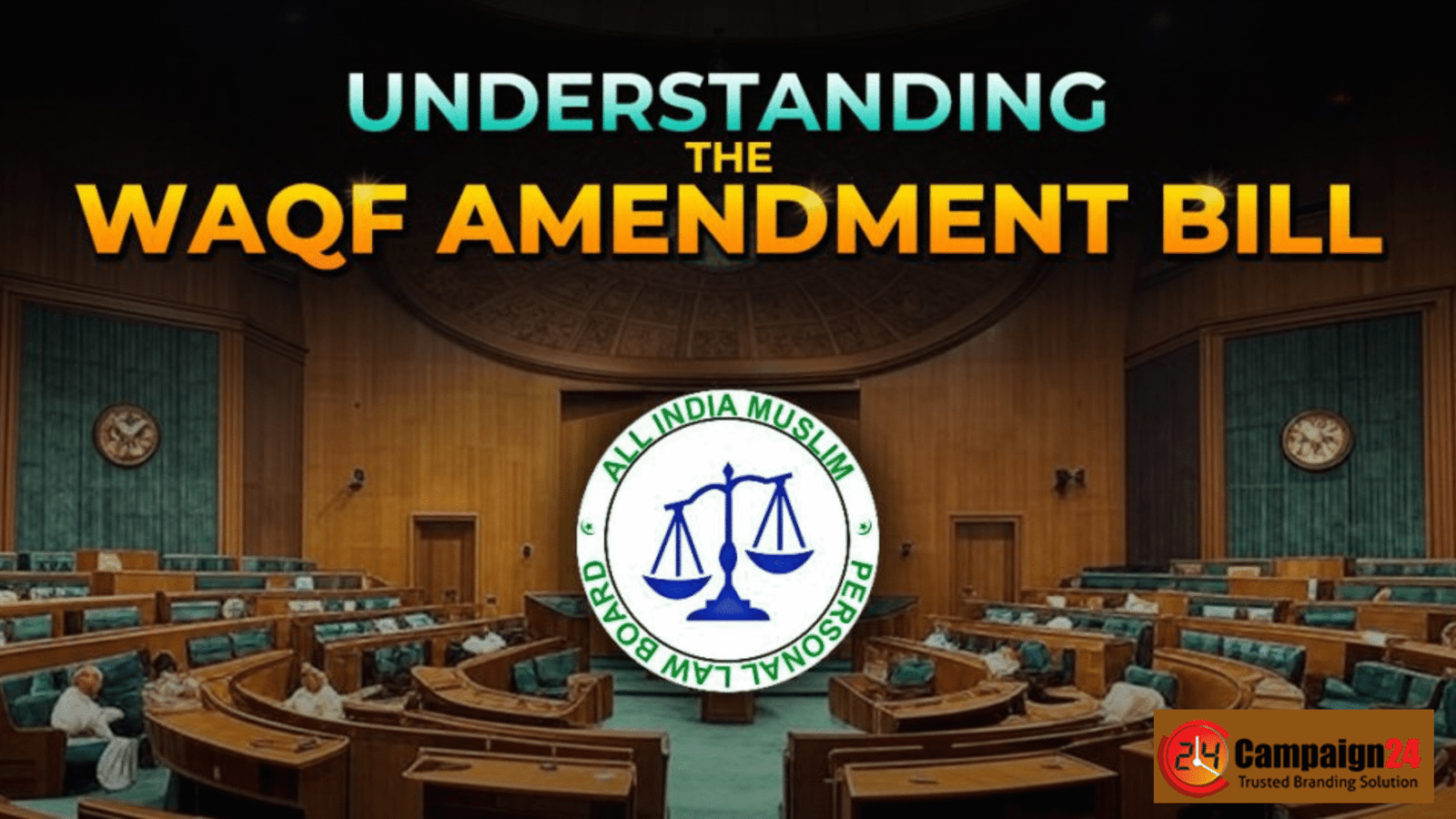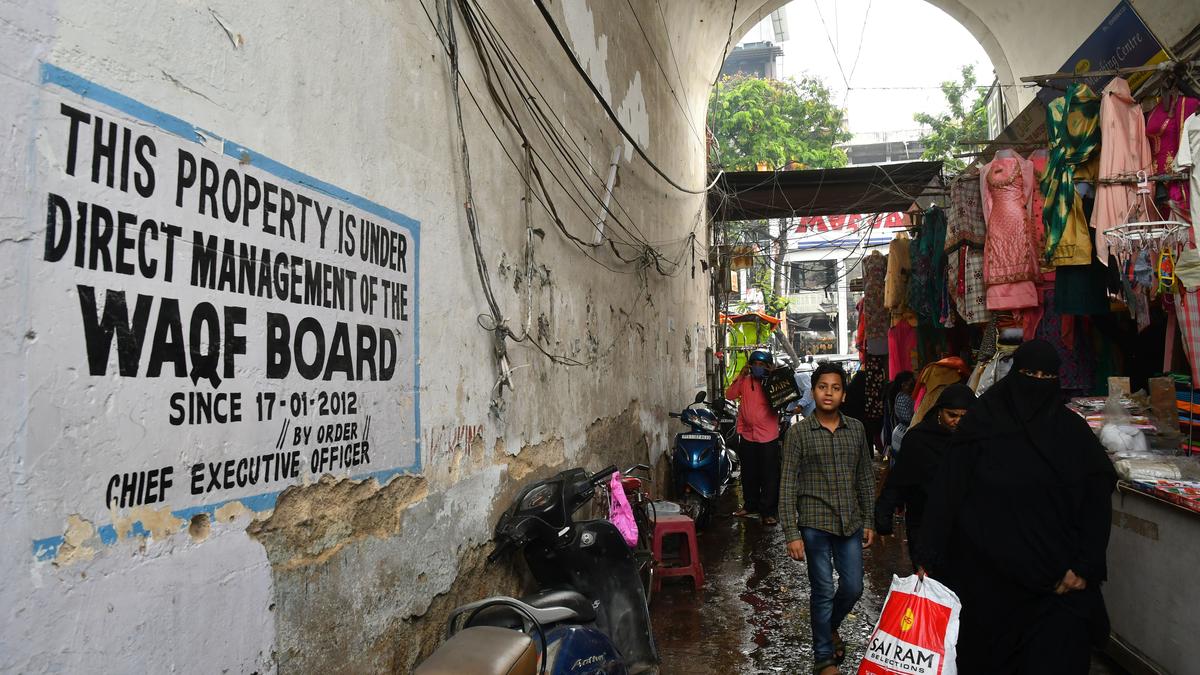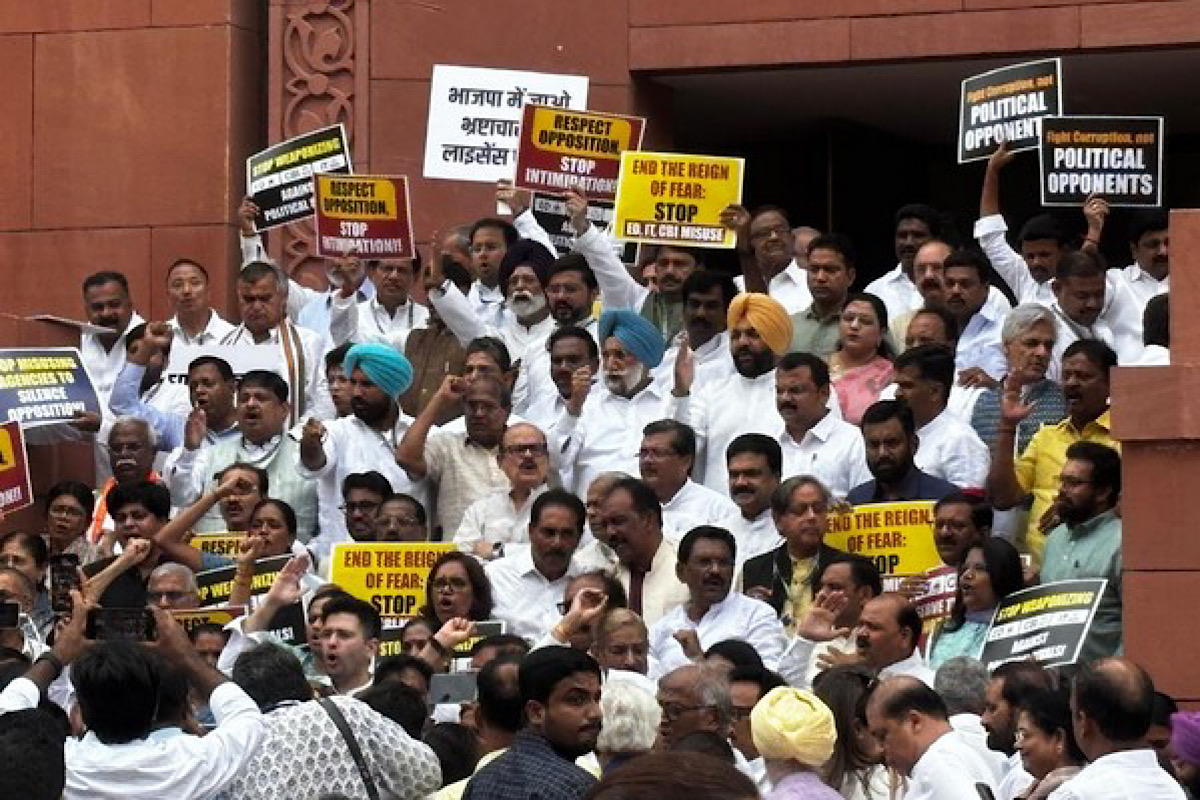Waqf Amendment Bill 2025: Myths, Facts, and Implications

Introduction
The Waqf Amendment Bill 2025 has sparked widespread debate, especially concerning the role of non-Muslims in Waqf boards and the fear that private lands may be acquired under this law. This article provides an in-depth bill analysis, dispels common myths, and presents factual insights based on legal provisions and historical context.
Understanding Waqf and Its Legal Framework
Waqf refers to a charitable endowment in Islamic law, typically involving property donated for religious or philanthropic purposes. The management of Waqf properties is governed by various laws, with the Waqf Act of 1995 serving as the primary legislation in India. The Waqf Amendment Bill 2025 aims to reform certain aspects of this act to enhance transparency and efficiency.
Key Concerns and Clarifications
1. Will Non-Muslims Become the Majority in Waqf Boards?
A major concern raised by critics is that the bill will allow non-Muslims to dominate Waqf boards. However, the bill merely proposes the inclusion of expert members from different fields, such as law, finance, and administration, without altering the Muslim majority in these boards. The inclusion of non-Muslims is intended to improve governance rather than diminish Muslim representation.

2. Can Private Lands Be Acquired Under the Waqf Amendment Bill 2025?
Contrary to rumors, the bill does not grant Waqf boards the power to acquire private lands arbitrarily. It only applies to properties that have been legally dedicated as Waqf. The amendment aims to streamline the process of identifying Waqf properties while ensuring that wrongful claims over private lands are not made.
Historical Context of Waqf Legislation
| Year | Legislation | Key Provisions |
|---|---|---|
| 1954 | Waqf Act, 1954 | Established Waqf boards in India |
| 1995 | Waqf Act, 1995 | Strengthened the powers of Waqf boards and introduced stricter management rules |
| 2013 | Waqf Amendment Act, 2013 | Enhanced penalties for encroachment on Waqf properties |
| 2025 | Waqf Amendment Bill, 2025 | Proposed reforms for greater transparency and legal clarity |

Major Provisions of the Waqf Amendment Bill 2025
- Survey of Waqf Properties: Responsibility shifted to district collectors for accuracy and transparency.
- Legal Reforms: Removal of the ‘Waqf by user’ provision to prevent misidentification of properties.
- Appeal Mechanism: Allowing direct appeals to higher courts in case of disputes.
- Composition of Waqf Boards: Inclusion of subject matter experts without affecting Muslim majority.
Implications of the Bill
Positive Impacts
- Improved transparency in Waqf property management.
- Stronger legal framework to prevent wrongful claims.
- Increased efficiency in dispute resolution.
Concerns Raised
- Potential for misinterpretation of the new amendments.
- Need for more consultation with stakeholders before implementation.
FAQs
1. Will non-Muslims control Waqf properties?
No, non-Muslims will be included only as expert members, and the Muslim majority in Waqf boards remains unchanged.
2. Does the bill affect private property owners?
No, the bill does not allow Waqf boards to seize private lands arbitrarily.
3. How does the bill impact existing Waqf properties?
It strengthens the legal framework to prevent encroachments and mismanagement.
4. What is the role of the district collector in Waqf property surveys?
The district collector will oversee surveys to ensure accurate identification of Waqf properties.
5. Can decisions by Waqf boards be challenged in court?
Yes, the bill introduces provisions for appeals to higher courts for transparency and fairness.
Conclusion
The Waqf Amendment Bill 2025 is a significant legal reform aimed at improving governance, transparency, and efficiency in managing Waqf properties. While concerns have been raised, a careful analysis of the bill reveals that many fears are based on misinformation. The bill seeks to balance religious autonomy with administrative efficiency, ensuring that Waqf properties serve their intended purpose without legal ambiguities.






